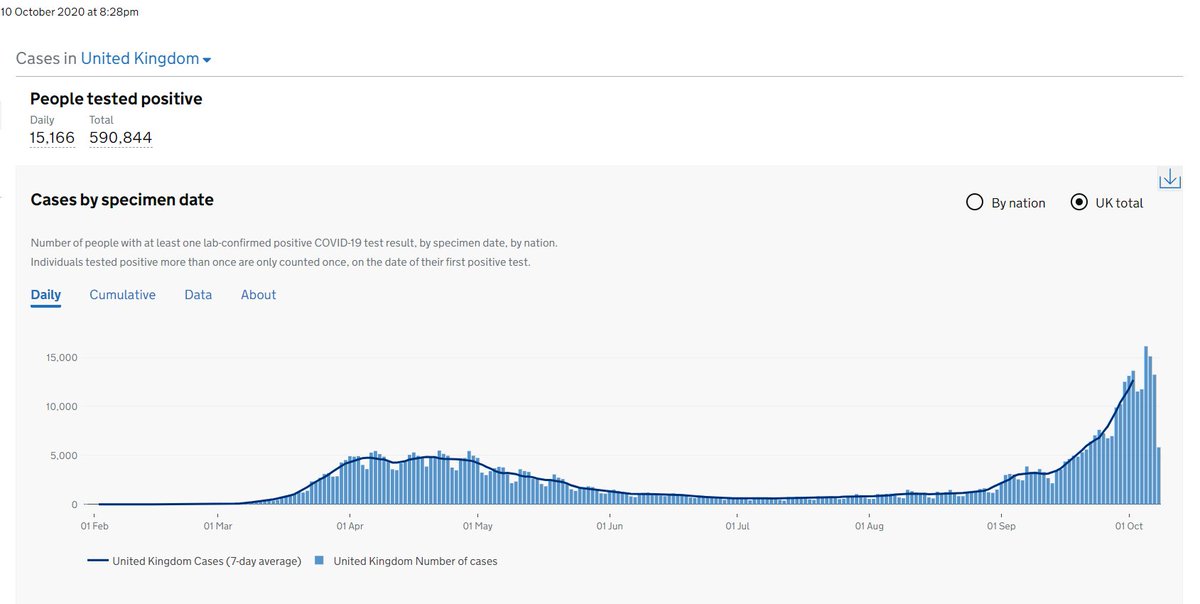
Our @ScHARRSheffield MPH disaster management class recently looked at the topic of post-disaster recovery. Several key points that will be relevant as we look ahead to the coming months. (I know we are in the thick of pandemic response, but never too early to look ahead!) 1/
It needs to be a managed process that starts the moment an incident has occurred. Not just about rebuilding and recovery, but also has to incorporate prevention/risk reduction measures & preparedness for potential further crisis. 2/
Key to this will be the need for multi-sectoral rapid needs assessments. The population's needs will have changed considerably between pre-disaster and post-disaster. So NHS/LA need to start thinking about doing these RNAs to guide next steps. 3/
Central to these will be the need for community engagement. Top-down responses may be appropriate during the crisis, but for recovery we need more bottom up collaborative partnerships with the community. (This is the bit we often get wrong...) 4/
Recovery is a complex, protracted social process. Wide range of stakeholders, recovery needs & coping mechanisms. Process can take years. Best done at the local level using community development approach. 5/
Community approach helps raise awareness in the community where there may be lack of knowledge, strengthens community resilience & capacity to cope, & makes use of expert local knowledge to help guide planning. Community may be more receptive if a bottom up approach is used. 6/
Community engagement also essential to make programmes sustainable. But community groups may need coordination and help interfacing with statutory organisations etc. Local collaborative partnerships key. 7/
Must not forget need for rest and recovery of our staff & services. Failure to do so jeopardizes services over the longer term & harms people. Also beware potential for waning political support & interest (as the next "headline" issue takes precedence). 8/
Lastly, we really must learn lessons from this crisis. I don't mean "identifying faults/lessons" but actually learning where it leads to positive/constructive change in the way we behave, operate, prepare & respond to future challenges.
So start compiling those insights!
So start compiling those insights!
Quote from a wise old paramedic: “You’ve got to be v honest with yourself & be v careful you don’t over-estimate your own knowledge & skills. Just because you’ve dealt with this in the past doesn't mean that you’ve done the right thing. It may just mean you’ve got away with it!”
Also if you've not seen @CraigNikolic 's thread on recovery, worth a read.
https://twitter.com/CraigNikolic/status/1348649730801344512
• • •
Missing some Tweet in this thread? You can try to
force a refresh







